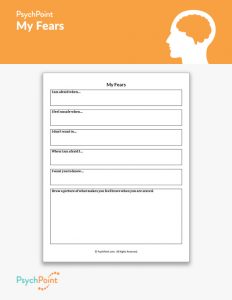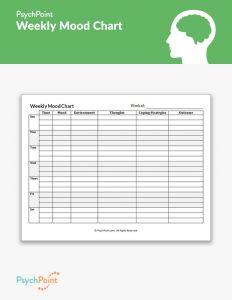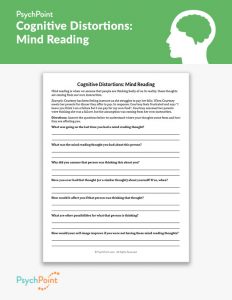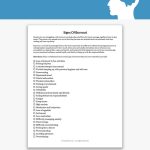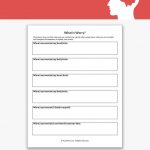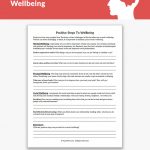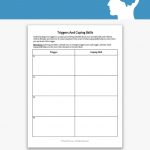Food Diary Worksheet
Worksheet updated on December 6th, 2024
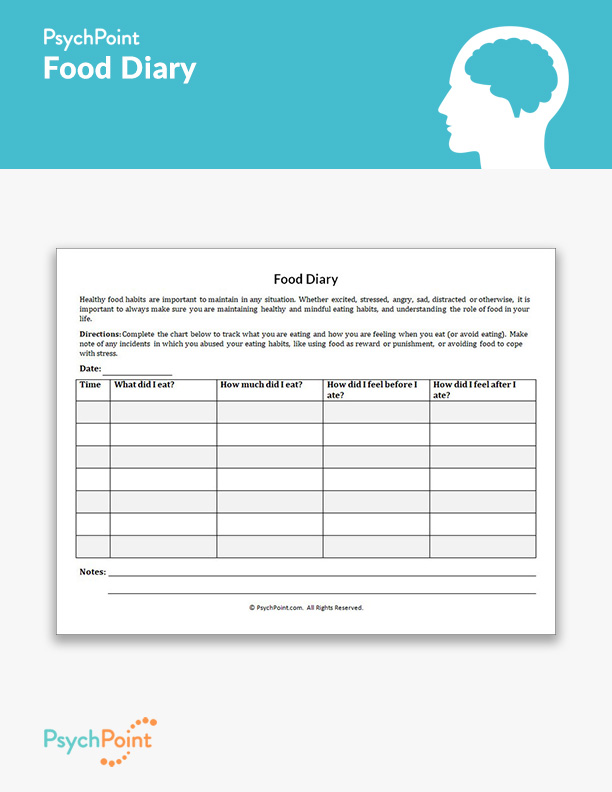
People can develop unhealthy eating habits for different reasons. Some people use food as a reward, punishment, or comfort. Others may struggle with maintaining their appetite or overeat when feeling stressed. Establishing and maintaining a healthy diet is a critical part of mental health. Without a healthy body, a client in therapy will struggle to maintain a healthy mindset toward healing.
Teaching clients how to be mindful of their diet and eating habits can them with managing stress, body image issues, and more. A food diary can be a helpful tool for tracking habits related to diet and appetite.
About This Worksheet
Eating a healthy diet is an important part of physical and mental health, but sometimes clients may use food to cope with stress. Whether that means overindulging, restricting diet, or struggling with appetite changes, challenges with eating can cause extra stressors for a client in therapy.
The Food Diary worksheet is a log where clients can record their eating habits, triggers, and portions. This worksheet provides a chart for clients to track how their feelings and eating habits affect each other. This exercise helps identify and modify unhealthy eating patterns and attitudes.
This worksheet is intended to be used as a homework assignment. It can be used with individuals and adults who are struggling with disordered eating, stress, anxiety, mood disorders, and more.
Instructions
When using the Food Diary worksheet, the client keeps track of what they eat throughout the day and how they feel when they are eating. They are also provided with a Notes section, where they may record notes relevant to their eating habits, triggers, stressors, reflections, and thoughts on the exercise.
Provide the client with copies of the worksheet and instruct them to complete one sheet per day between sessions. During their next session, review the results to identify triggers and causes of unhealthy eating. Start a dialog about how their emotions may be affecting their eating habits. You may consider asking questions, like:
- What patterns did you notice while completing your food diary?
- How do you feel about your eating habits after reviewing the worksheet?
- What changes would you like to implement to improve your relationship with food?
Be sure to address the client’s feelings and concerns about their patterns and motivation to make healthy changes. Use this dialog as an aid for goal planning.

